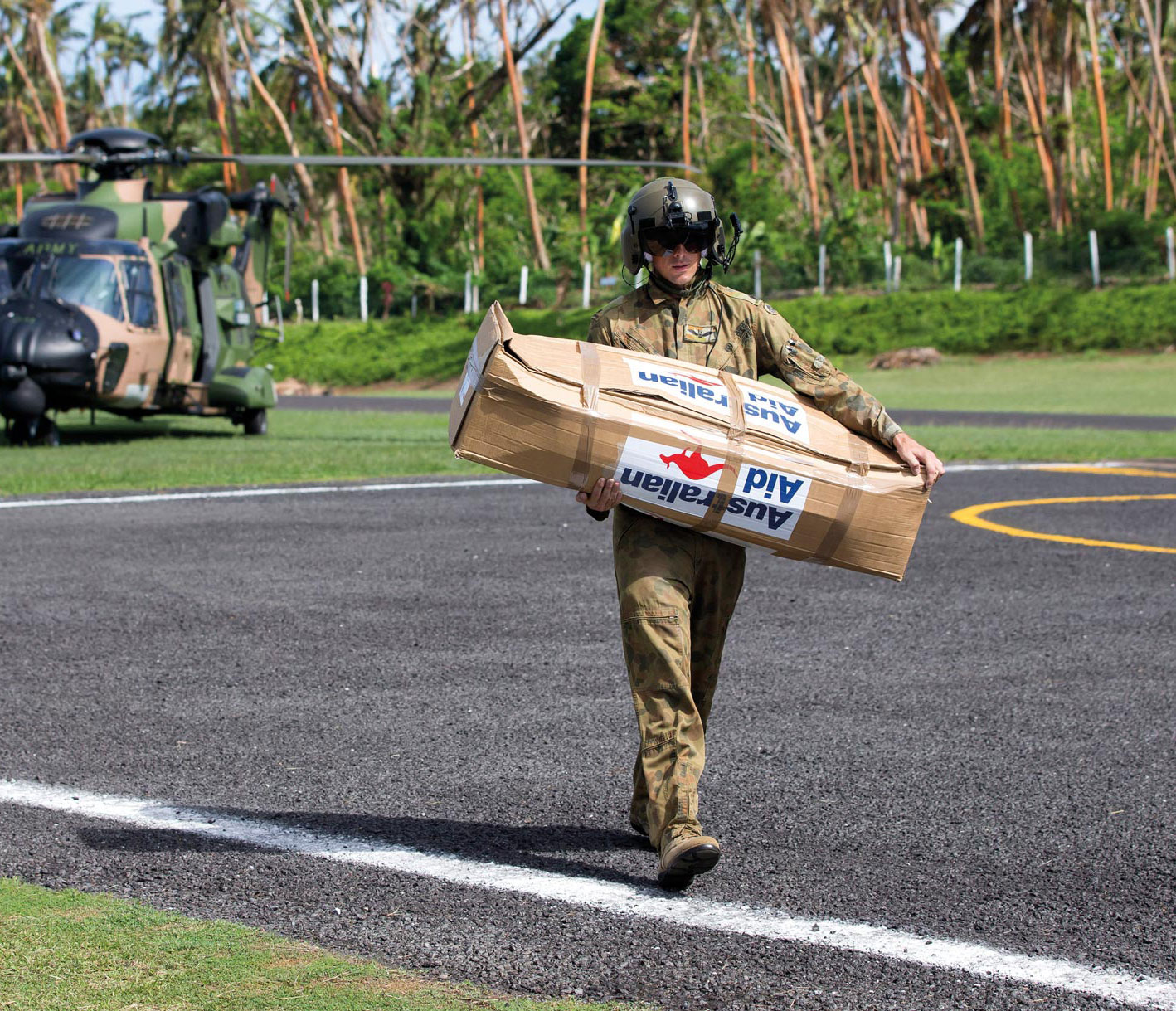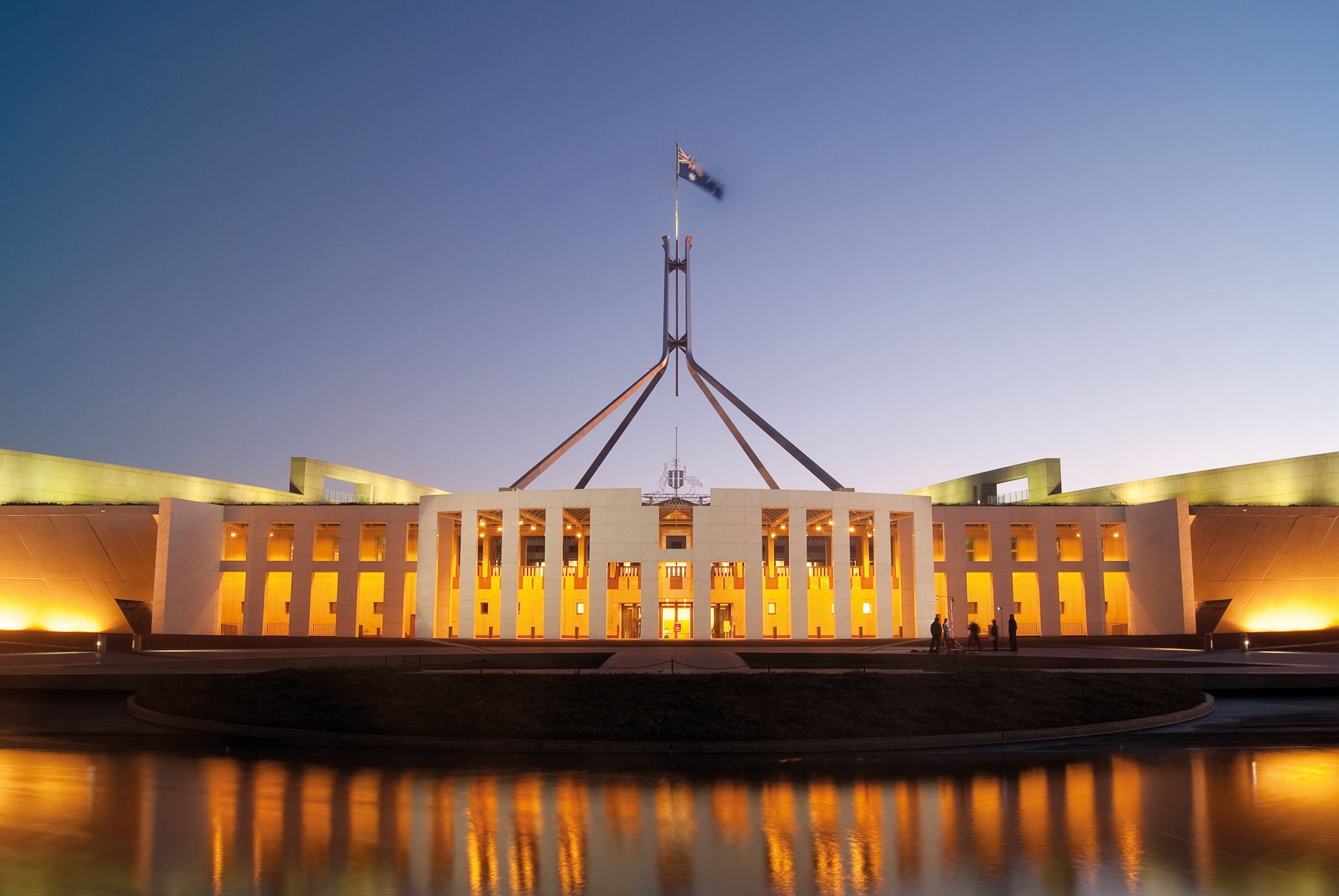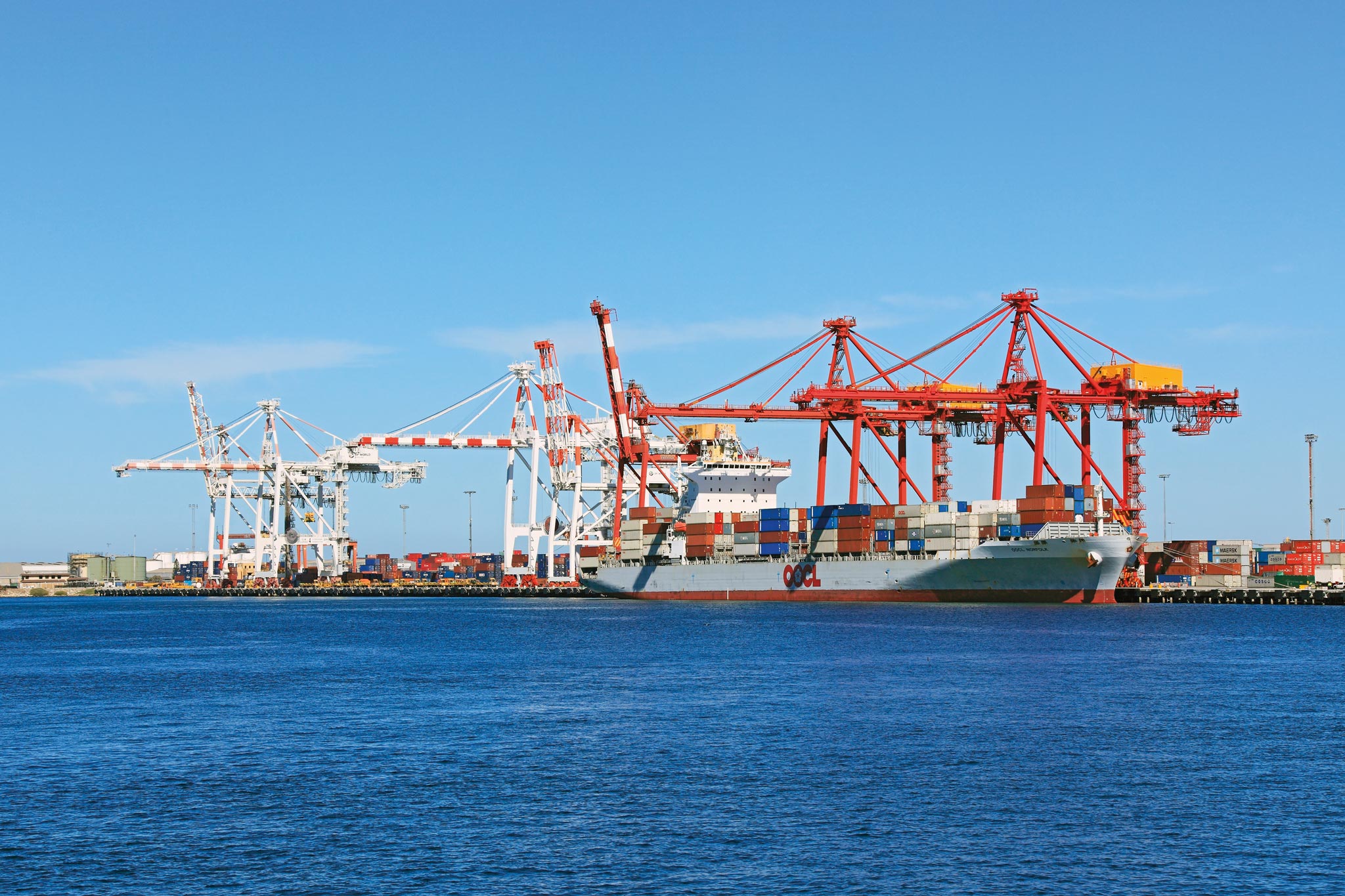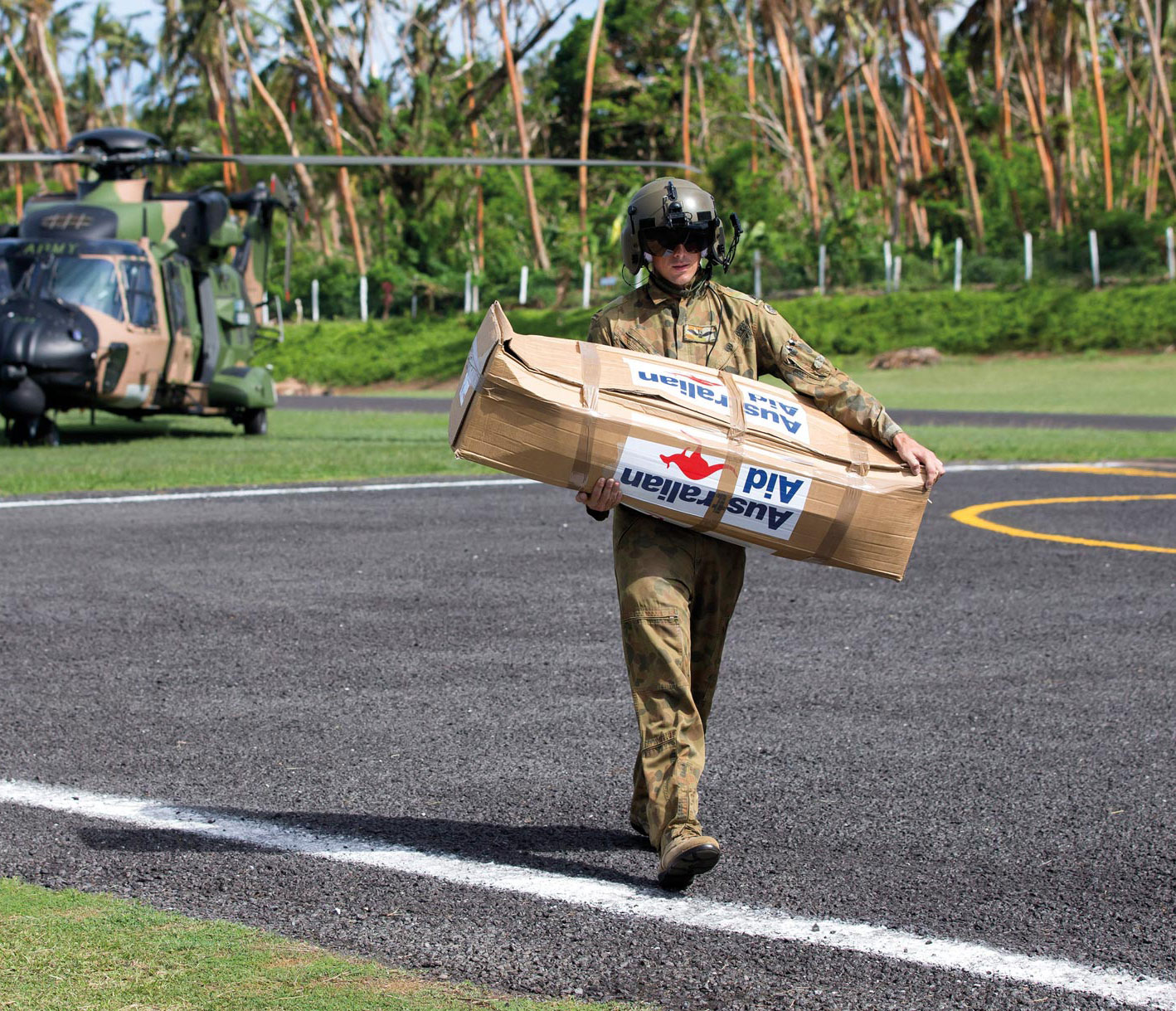Threats to international rules come from countries directly challenging, ignoring or undermining international law, including in the global commons. Another risk is that countries do not defend rules when they are challenged, leading to the potential erosion of global governance. Finally, new rules and norms could emerge that are not consistent with Australia’s interests and values.
Accordingly, the Government will place a high priority on protecting and strengthening the international rules that guide the conduct of relations between states.
Strong rules that help constrain the exercise of coercive power contribute to global security. They are becoming more important to Australia as the distribution of power changes in the international system. They help reinforce other ways in which we ensure our security, notably our alliance with the United States and our own defence capabilities.
International law and other norms provide a basis for the peaceful resolution of disputes, including in relation to maritime or land border disputes. International rules, such as those embodied in binding resolutions of the United Nations Security Council, also underpin collective responses to challenges such as terrorism and North Korea’s proliferation of WMD.
More broadly, a range of legal, regulatory and other measures support commerce, travel, investment and other exchanges. International accords such as the Paris Agreement guide global cooperation on climate change. A rules‑based trading system centred on the WTO is fundamental to Australia’s interests. International aviation, shipping, telecommunications, postal services and many other aspects of our world are inconceivable without the certainty and predictability inherent in a system based on rules.
Australia has a long record of helping to develop the rules-based component of the global order, beginning with the establishment of the United Nations in 1945. We have played a leading role in setting new rules and norms in areas as diverse as the Chemical Weapons Convention, the Arms Trade Treaty, digital trade, internet governance, global health standards and regional approaches to irregular migration and human trafficking. This gives us standing in the system that we can leverage in pursuit of our interests.
To help protect and strengthen international rules and norms, Australia will:
- act in partnership with other states and organisations to uphold international law
- encourage others to adopt or ratify international conventions and instruments to broaden adherence to international law
- support international accountability and adjudicatory mechanisms, such as the International Criminal Court and the International Court of Justice
- continue to make a significant contribution to the development of new rules and norms, and
- use our development assistance to help partner countries join and comply with international rules-based processes.
The Government is also committed to working with the United States and like-minded partners to maintain a rules-based order by making practical and meaningful military commitments where it is in our interests and capacity to do so.
While the current international system supports Australia’s national interests, the Government recognises that the way states interact has never been and never will be static. Institutions, rules and forms of cooperation can and do evolve. Australia believes the institutions that support global cooperation must accommodate the greater weight of emerging powers. Without such flexibility, new multilateral bodies might proliferate, undercutting the effectiveness of the current system and potentially challenging Australia’s interests and values.
Australia will therefore contribute constructively to the reform of international institutions. We will remain open to proposals that might address gaps in the current institutional architecture. In doing so, our approach will remain anchored in international law, universal standards of human rights, good governance, transparency and accountability.














